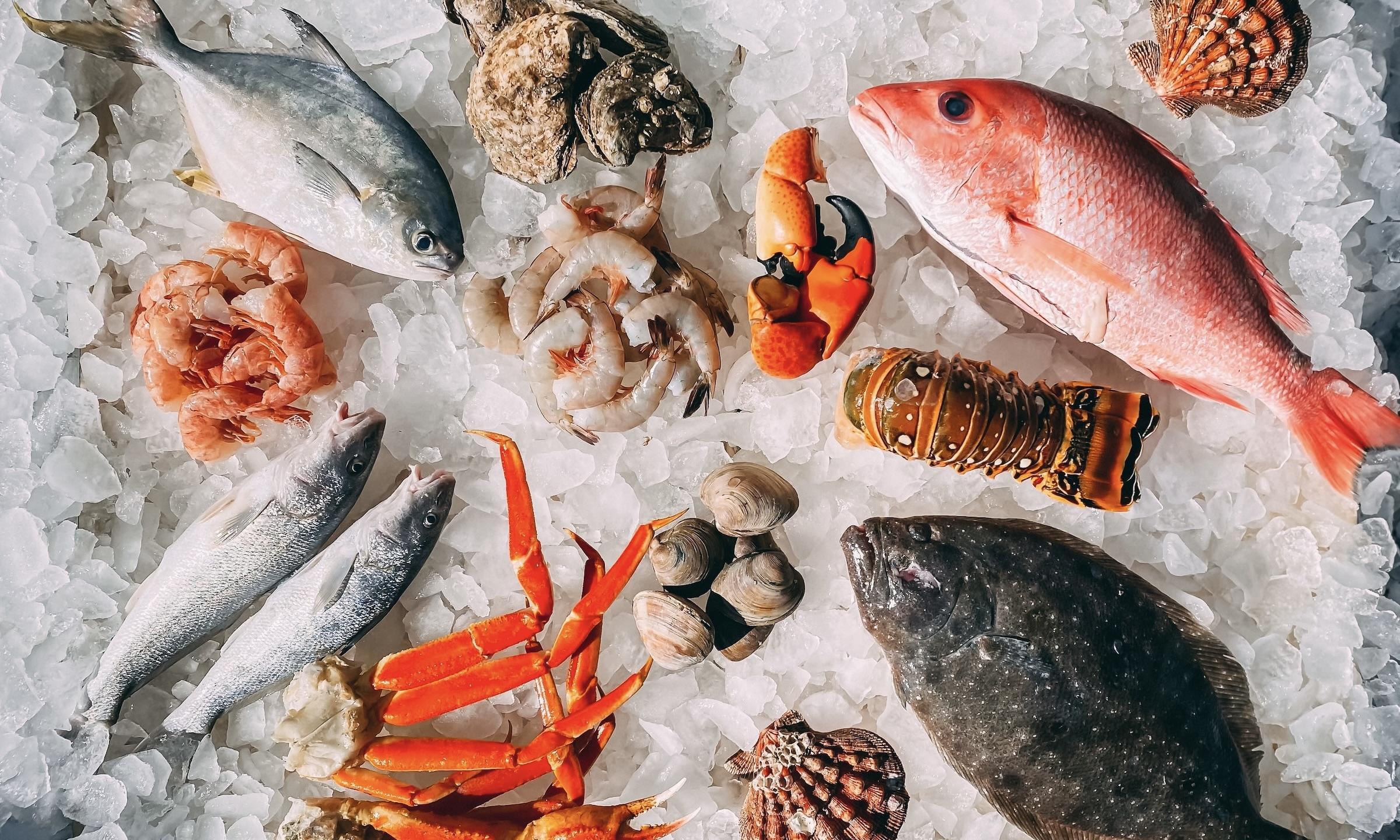South Korean imports of Japanese seafood fell by over 30% last month, data reveals, amid ongoing concerns over Japan's planned release of treated radioactive water from the Fukushima nuclear plant. The Korean ban on imports from eight adjacent prefectures persists.
South Korea has banned seafood imports from eight Fukushima-neighboring prefectures since 2013 due to radiation concerns. In May, imports of fishery products from Japan reached 2,129 tons, marking a 30.6% decline compared to last year; imports also fell by 1.8% to US$14.06 million.
While South Korea is committed to keeping its citizens safe, it has made it clear that the Fukushima water release should be considered separately from the existing import ban, overturning which would require solid proof of safety.
According to recent data, seafood imports plummeted by a staggering 26 percent on-year in volume and 9.7 percent in value this April. What triggered this sharp drop? Well, it turns out that Japan's planned discharge of radioactive water from the Fukushima Daiichi nuclear power plant has gotten people a bit concerned.
Of course, South Korea isn't taking any chances after banning all seafood imports from eight Japanese prefectures near Fukushima back in 2013 due to concerns over radiation levels. South Korea has made it clear that it won't lift the ban on these imports without proof that the seafood from the area is safe. As far as they're concerned, the Fukushima water release should be considered separately from the import ban.
Recently, the operator of the Fukushima plant ran tests for its newly built facilities that would discharge treated radioactive wastewater into the Pacific Ocean, a move that drew strong opposition from local fishermen and neighboring countries.
But, after years of research, scientists are confident that releasing the treated wastewater would actually be both safe and sensible. "Japan is preparing to release treated wastewater from the Fukushima nuclear power plant into the Pacific Ocean," said Associate Professor Nigel Marks with Curtin University.
At first glance, this may seem alarming, but in actuality, it is a well-planned strategy that considers all safety measures. Despite initial concerns, this move will not only improve the state of the local fisheries but also benefit the larger community.
Photo: Mike Bergmann/Unsplash



 Alphabet’s Massive AI Spending Surge Signals Confidence in Google’s Growth Engine
Alphabet’s Massive AI Spending Surge Signals Confidence in Google’s Growth Engine  Japanese Pharmaceutical Stocks Slide as TrumpRx.gov Launch Sparks Market Concerns
Japanese Pharmaceutical Stocks Slide as TrumpRx.gov Launch Sparks Market Concerns  Hims & Hers Halts Compounded Semaglutide Pill After FDA Warning
Hims & Hers Halts Compounded Semaglutide Pill After FDA Warning  Nvidia, ByteDance, and the U.S.-China AI Chip Standoff Over H200 Exports
Nvidia, ByteDance, and the U.S.-China AI Chip Standoff Over H200 Exports  Parasites are ecological dark matter – and they need protecting
Parasites are ecological dark matter – and they need protecting  Thailand Inflation Remains Negative for 10th Straight Month in January
Thailand Inflation Remains Negative for 10th Straight Month in January  Bank of Japan Signals Readiness for Near-Term Rate Hike as Inflation Nears Target
Bank of Japan Signals Readiness for Near-Term Rate Hike as Inflation Nears Target  Tencent Shares Slide After WeChat Restricts YuanBao AI Promotional Links
Tencent Shares Slide After WeChat Restricts YuanBao AI Promotional Links  What’s so special about Ukraine’s minerals? A geologist explains
What’s so special about Ukraine’s minerals? A geologist explains  TSMC Eyes 3nm Chip Production in Japan with $17 Billion Kumamoto Investment
TSMC Eyes 3nm Chip Production in Japan with $17 Billion Kumamoto Investment  Instagram Outage Disrupts Thousands of U.S. Users
Instagram Outage Disrupts Thousands of U.S. Users  SpaceX Prioritizes Moon Mission Before Mars as Starship Development Accelerates
SpaceX Prioritizes Moon Mission Before Mars as Starship Development Accelerates  U.S. Stock Futures Slide as Tech Rout Deepens on Amazon Capex Shock
U.S. Stock Futures Slide as Tech Rout Deepens on Amazon Capex Shock  Burkina Faso and Mali’s fabulous flora: new plant life record released
Burkina Faso and Mali’s fabulous flora: new plant life record released  Toyota’s Surprise CEO Change Signals Strategic Shift Amid Global Auto Turmoil
Toyota’s Surprise CEO Change Signals Strategic Shift Amid Global Auto Turmoil  Japan Economy Poised for Q4 2025 Growth as Investment and Consumption Hold Firm
Japan Economy Poised for Q4 2025 Growth as Investment and Consumption Hold Firm 































